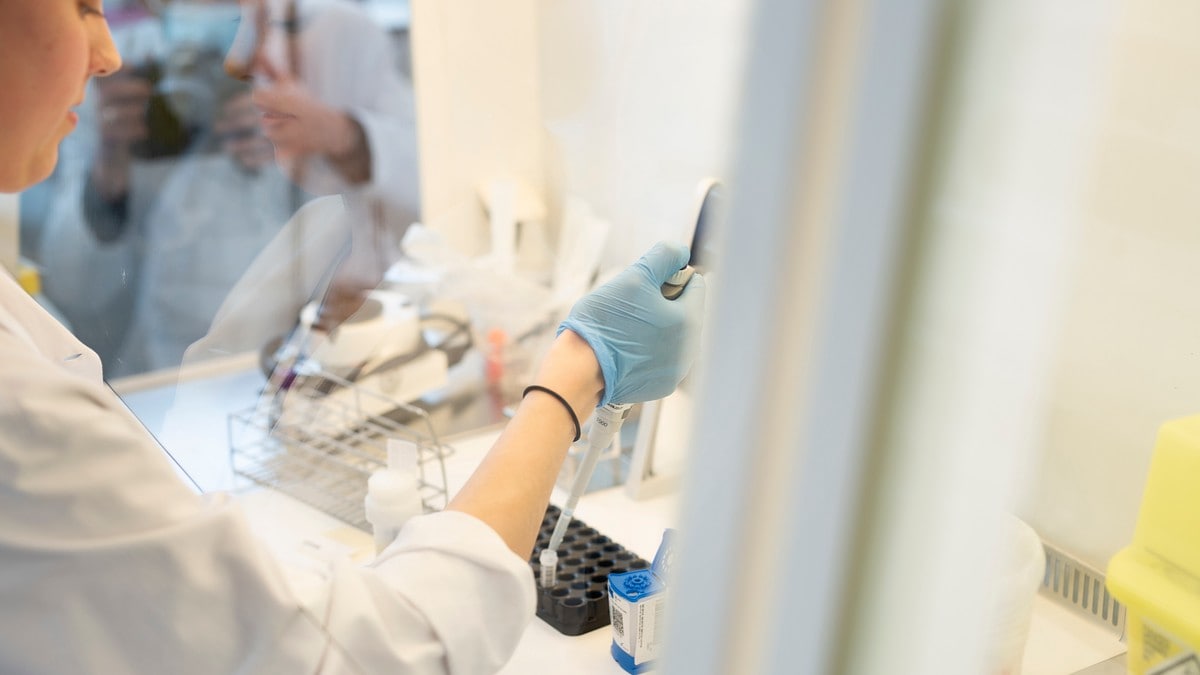This article is over a month old and may contain outdated advice from the authorities regarding coronary heart disease.
Stay up to date in NRK’s overview, or through FHIs nettsider.
–
It is Bergensavisen who reports that the microbiology department at Haukeland University Hospital has detected the Indian variant of the coronavirus in a positive sample.
It is the so-called B. 1,617 mutant that was first discovered in Norway, confirms department head Elling UIvestad to NRK.
– It has become part of our job to look for these virus variants. As long as Norway is an open society with entry from other parts of the world, we expect to find new varieties all the time.
It was Thursday that the suspicion came. The bioengineers believe they had found a new mutation in a positive sample in Bergen.
– Today we have finally sequenced the virus, and it turns out to be the so-called Indian variant. We have not seen it in Bergen, and probably not in Norway, before, says Ulvestad to NRK.
Is in isolation
He said that the virus had been detected in a person who came to Norway and Bergen by plane.
– The patient who is a carrier of this virus is in isolation, so this has not spread further, says Ulvestad.
It is for example uncertain what properties this variant has. In India, it is said that the mutant is somewhat more contagious, according to Ulvestad.
– But whether it is more contagious in Norway, we know, for example, nothing about. The population density is different here than in India.
ANALYZING SAMPLES: Head of Department Elling Ulvestad at the Department of Microbiology at Haukeland University Hospital in Bergen.
Photo: Synne Lykkebø Hafsaas / NRK
–
“Double mutant”
In March published BBC an article about the virus variant, where it appears that the Indian variant is two mutations in one and the same virus.
It is known that it is completely normal for the original coronavirus to constantly change into different variants. Researchers are now working to map the characteristics of the Indian variety, for example whether it is more contagious than other varieties.
The Ministry of Health of India has according to BBC given a statement that a double mutant like this can be more contagious.
–


